“E questo è il fiore del partigiano … morto per la libertà!
(This is the flower of the partisan … who died for freedom)
“Bella Ciao”
On April 25, you’ll hear this refrain throughout every corner of Italy, sung on street corners by small groups, played on the radio or performed by bands in parades and local plazas. Set to the melody of a traditional folk song, “Bella Ciao” was the anthem of the Italian resistance movement during World War II, often sung by the left-wing anti-fascist rebels who fought against the atrocities of the Nazis and the leader of Italy, Benito Mussolini. Even today, the lyrics are symbolic of the sacrifices made for freedom.
While Italy has been a democratic republic since 1946, many Italians remember a time when they did not have such freedom. That history is honored throughout Italy on April 25 with La Festa della Liberazione, or Liberation Day, festivities. Every year, the entire country joins together to celebrate its liberation from the Nazis and pay tribute to those who lost their lives in the fight to free their country.
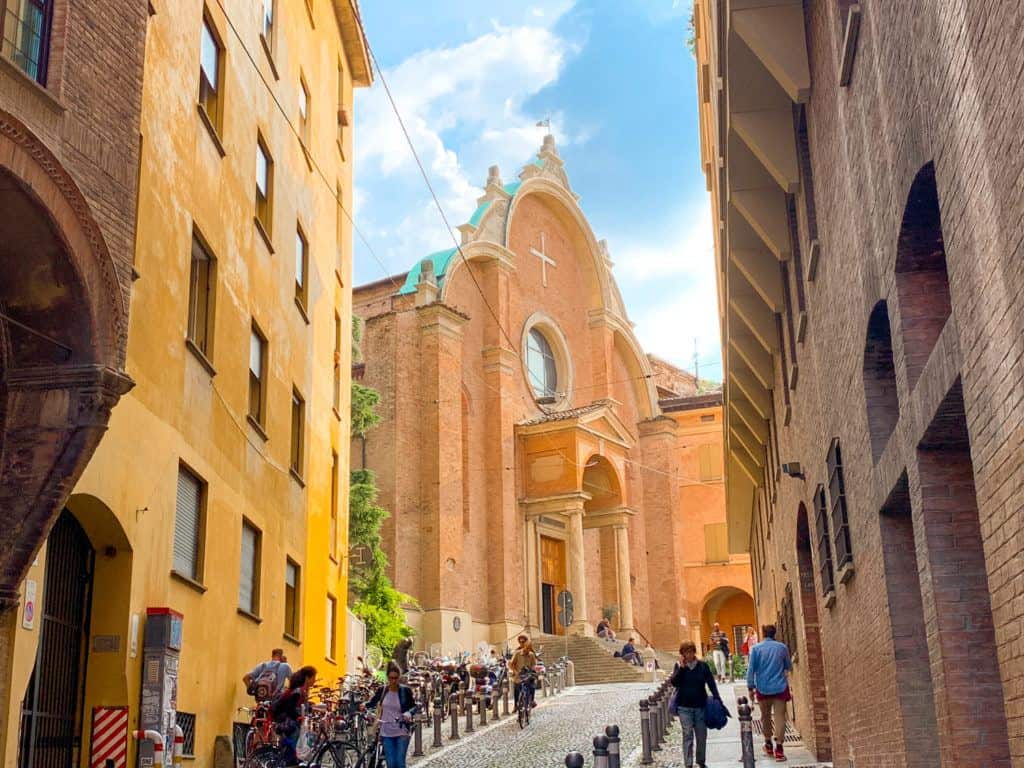
“Oh Partisan, Come Take Me With You …”
When Italy entered into an armistice with the Allies in 1943, thousands of Italians took up arms as part of the resistance to the fascist dictatorship of Benito Mussolini. No longer satisfied to live under Mussolini’s control, the Resistance initially comprised independent soldiers who had once been members of Italy’s many political parties — including more than 35,000 women. While the infighting among members of the resistance was sometimes fierce, the soldiers remained committed to the same cause: Italy’s liberation.
After two years of fighting and thousands of deaths, in April 1945, the Resistance successfully liberated several Italian cities. Over the course of four days, beginning on April 21, the soldiers freed Bologna, Parma, Reggio, Emilia, and, on the final day of uprising, Milan and Torino.
Torino’s Role in Liberation
While members of the Resistance fought bravely in every Italian city, perhaps nowhere was the loss felt more than in the industrial city of Torino, the center of Italy’s car-making industry. Many of the workers in the factories and other establishments around the city refused to comply with the Wehrmacht, or German military forces. As a result, as many as 7,000 of the workers were taken to a concentration camp in Cefalonia, where they perished under harsh labor conditions or in lethal gas chambers.
La Festa della Liberazione
While many festivals in Italy are only celebrated locally, Liberation Day is a “Red Day” on the calendar or a national holiday. Most of the country shuts down — including public buildings and transportation, and many restaurants — so citizens can attend parades, concerts, demonstrations, speeches and ceremonies honoring those who lost their lives at the hands of the Nazis, particularly the Resistance fighters.
The most elaborate celebrations occur in the capital city of Rome, notably the Italian president’s annual visit to the Ardeatine Caves mausoleum, where 335 Romans were killed by Nazis in 1944. However, every city hosts events to honor the holiday. Even in smaller cities, like Torino, you’ll find parades and other events taking place throughout the day.
If you’re planning to travel around Liberation Day, keep in mind as you search for a bed and breakfast in Torino or other Italian cities you may not be able to check in or out on April 25, as it’s not uncommon for such establishments to close or operate in limited capacity due to the holiday. However, if you are staying in a smaller inn or guesthouse, there’s a good chance you’ll be invited to join the owners and their families in their celebrations, which often include a special meal.
Also remember many public buildings, including museums, often close for Liberation Day. Major tourist attractions, such as the National Automobile Museum and the Cinema National Museum in Torino, might remain open, but smaller attractions won’t.
It’s been said that those who forget the mistakes of the past are doomed to repeat them, but the Italian people are committed to remembering and honoring those who came before and led their country to where it is today. La Festa della Liberazione is just one of the many ways that they do so.
Related Articles on Italy
🇮🇹 Top Things to Do in Milan
🏛 23 Things to Do in Rome, Italy
💰 The Cost of Travel in Rome: A 2023 Budget Breakdown
🚤 53 Best Things to Do in Venice
🛬 How to Make the Most of a Layover in Venice
🍕 The Absolute Best Things to Do in Florence, Italy
🍹 21 Incredible Things to Do in Bologna, Italy
🍝 23 Magical Things to Do in Siena, Italy (2023)
🍷 16 Amazing Things to Do in Lucca, Italy (2023)

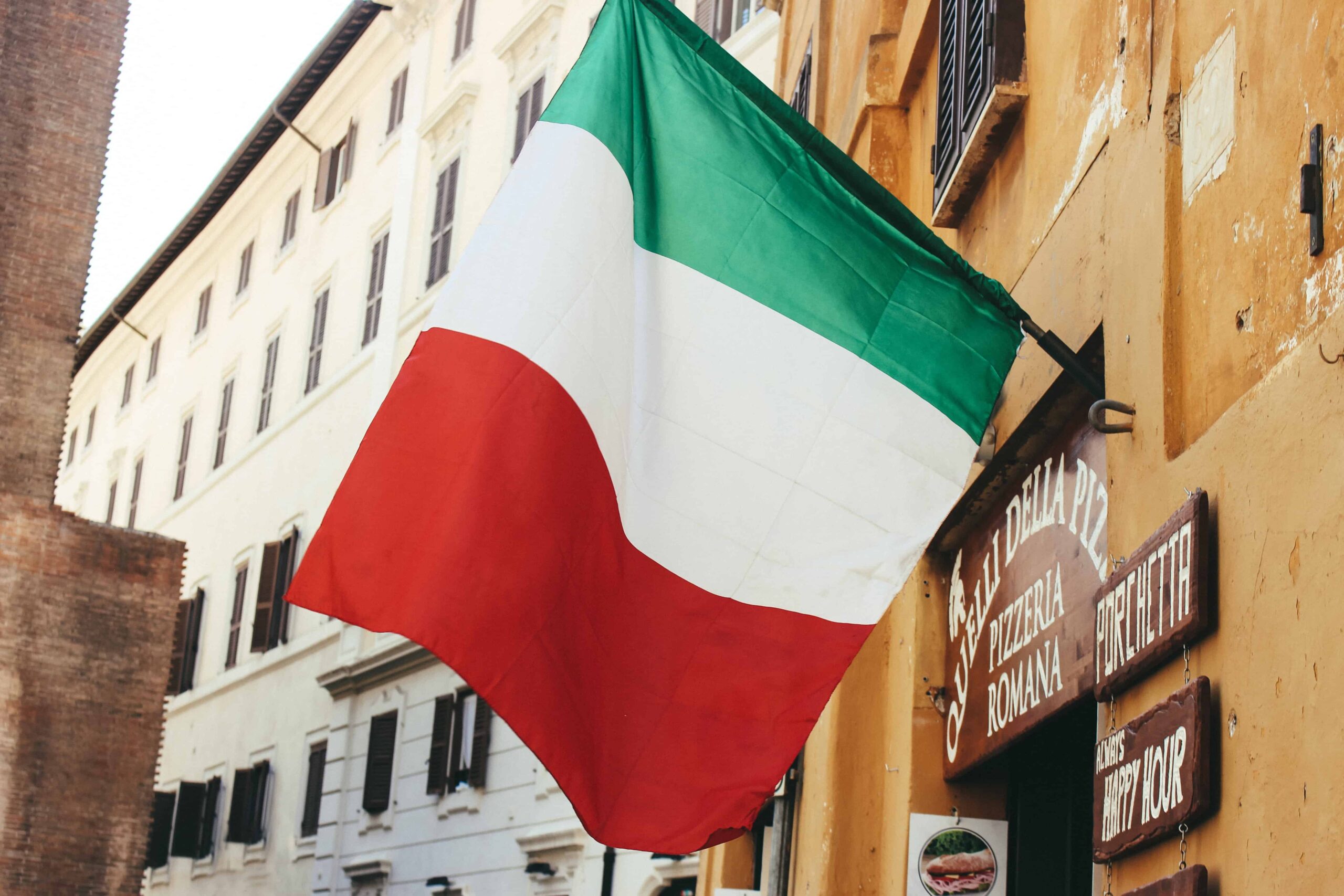
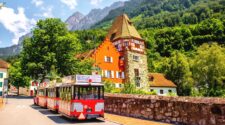


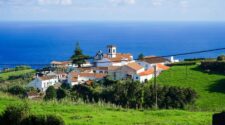
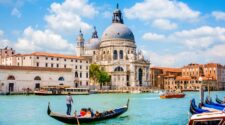
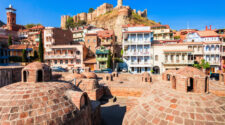
There is debate is New Zealand at the moment regarding ‘mondayising’ public holidays. I was surprised to find out that my employer, a neapolitan by the name of Massimo Tolve, is against this because it will trivialise Anzac Day and Liberation Day, both of which fall on the 25th of April. I’m against mondayising this date as well.
Hi Malcolm,
As much as I used to love having long weekends, I think it’s probably best to keep the national holidays as they are. I’m against Mondayising too!
Hi there, I’ve read Your article and, being Italian, I’ve found it very well made, with lots of useful and correct information in it.
Thanks a lot because You’ve written about something like this, Liberation Day or Giorno della Liberazione, something that’s very important for my Nation, with extreme historical precision and showed a lot of respect for all those who decided to fight fascism and died because of their courage.
Have a nice day and thanks a lot again.
Thank you so much, Debora! That means a lot :-)
Thanks for this. Happy Liberation Day! In Australia 25 April is ANZAC Day where we reflect on those who have served in the military and given their lives for our freedom. The date is another nice intersect between Australia and Italy.
Hello, I’m travelling to Rome in April and will be there for Liberation Day this year. I’m trying to find more info on what is happening that day, but there isn’t much available past a broad description. Do you know where I can find more specific info for this day? Any help is appreciated!